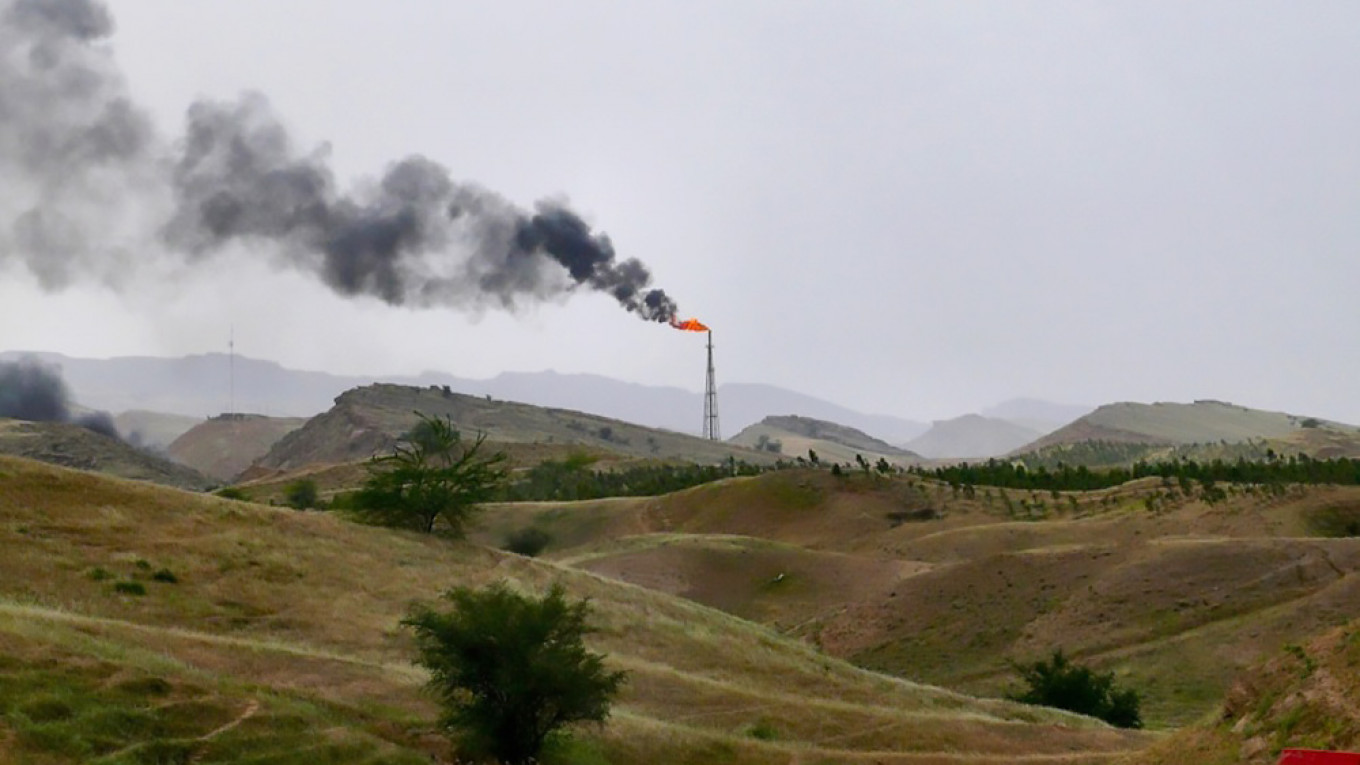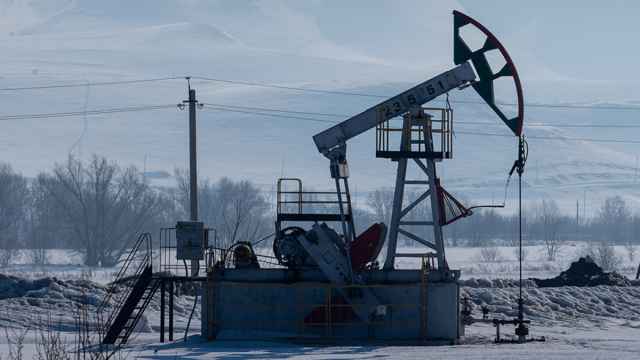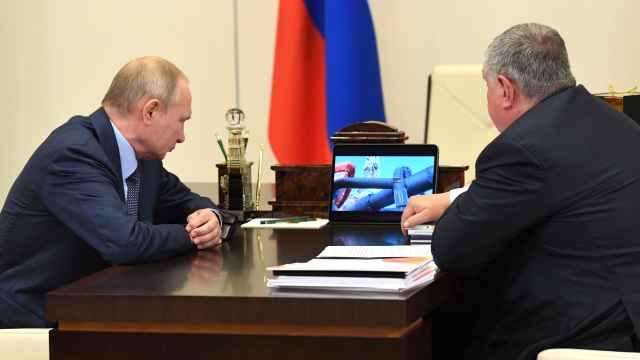Around one in three of Russia’s major oil fields would be unprofitable to develop, an inventory by Russia’s subsoil licensing agency Rosnedra has found.
Rosnedra was ordered to conduct the inventory for the government, its deputy director Orest Kasparov told Russian daily Vedomosti. Some 2,700 fields were assessed, with combined reserves of 28.9 billion tonnes of oil, equivalent to 212 billion barrels.
The survey of large fields — almost 600 with more than five million tonnes of oil each — showed that one-third would not be economically viable to develop, Kasparov says. The unprofitable fields account for 5.7 billion of the 17.2 billion tonnes of oil in Russia’s largest fields.
Almost three-quarters of the unprofitable fields are located in Russia’s Urals — an oil-rich region which is also home to more than 60% of the profitable fields.
Kasparov did not comment on how potential profitability was estimated. Rosnedra’s assessment could even be overly optimistic, Vygon Consulting analyst Daria Kozlova told Vedomosti.
“The assessment was made under a very positive macro scenario with an oil price of $70 per barrel and an exchange rate of 65 rubles to the dollar,” she said.
Furthermore, she warned that not all the reserves included in the study were technically recoverable. BP, in its latest annual statistical review of world energy, estimates Russia’s proven recoverable oil at only 14.6bn tonnes (107 billion barrels).
Neither Russia’s Energy Ministry or Natural Resources Ministry commented on the assessment, which is yet to be published.
“We need to strike a balance between the benefits of the state and the benefits of subsoil users,” Kasparov said, cautioning that many deposits were so different from each other that it was difficult to develop common tax incentives and other means of industry support. Moscow ordered a moratorium on the introduction of new fiscal benefits at oil projects this summer, until Rosnedra’s inventory had been finalised.
The Energy Ministry expects Russian oil production to start declining after 2022. National output is currently running at 11.3 million barrels a day.
This article first appeared in bne IntelliNews.
A Message from The Moscow Times:
Dear readers,
We are facing unprecedented challenges. Russia's Prosecutor General's Office has designated The Moscow Times as an "undesirable" organization, criminalizing our work and putting our staff at risk of prosecution. This follows our earlier unjust labeling as a "foreign agent."
These actions are direct attempts to silence independent journalism in Russia. The authorities claim our work "discredits the decisions of the Russian leadership." We see things differently: we strive to provide accurate, unbiased reporting on Russia.
We, the journalists of The Moscow Times, refuse to be silenced. But to continue our work, we need your help.
Your support, no matter how small, makes a world of difference. If you can, please support us monthly starting from just $2. It's quick to set up, and every contribution makes a significant impact.
By supporting The Moscow Times, you're defending open, independent journalism in the face of repression. Thank you for standing with us.
Remind me later.






